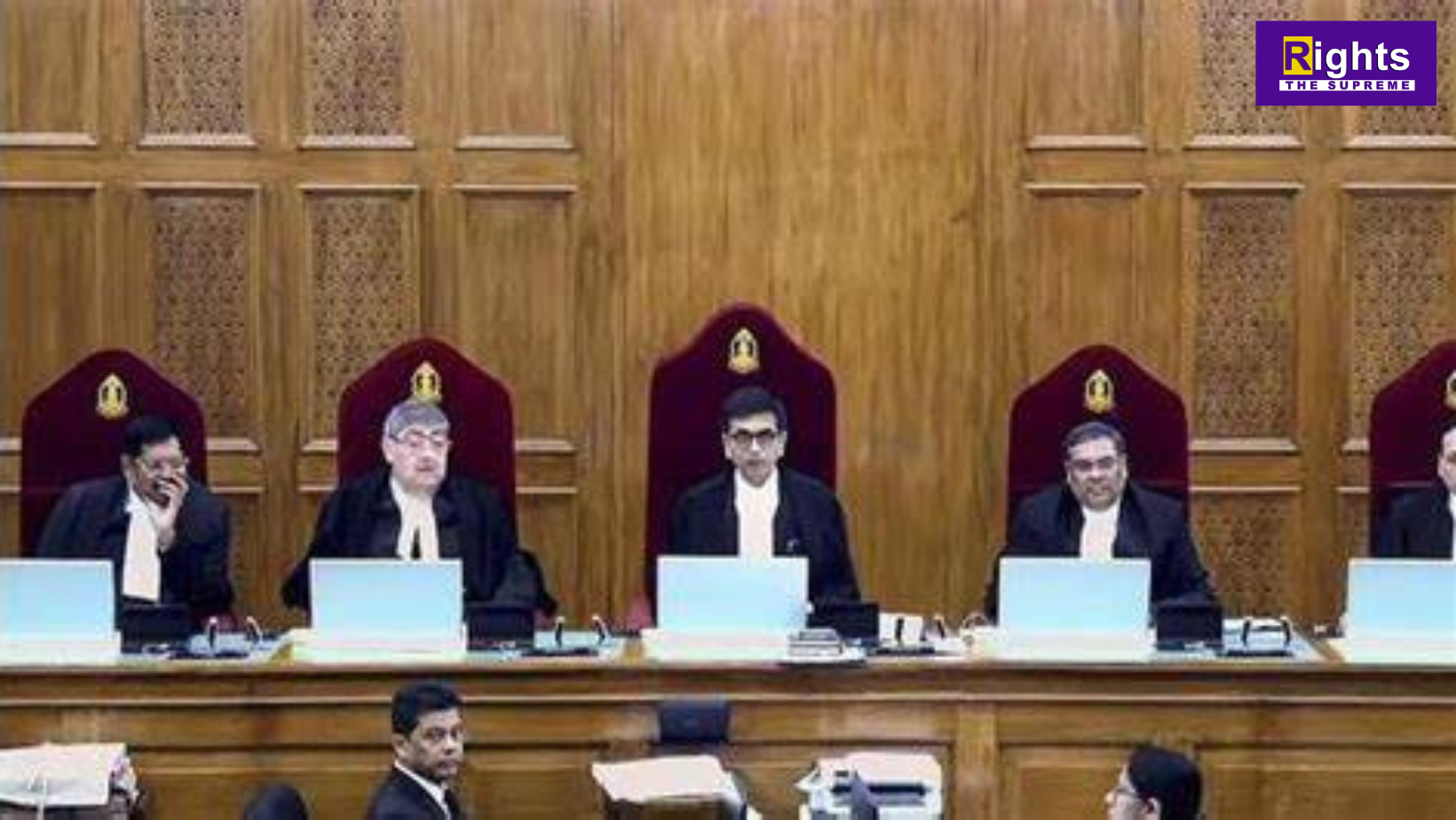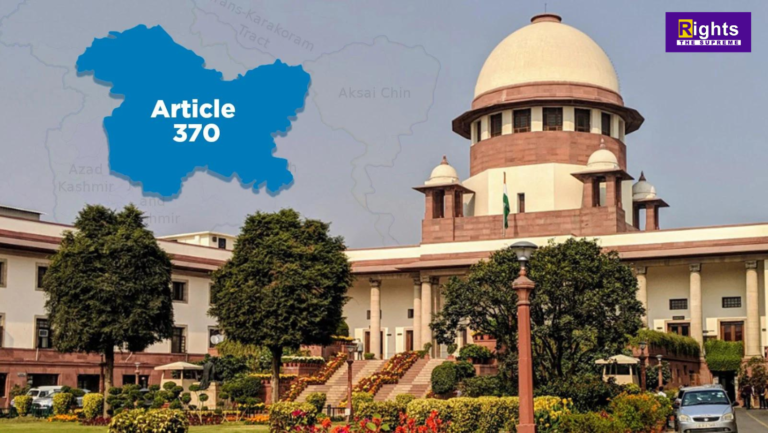A five-member Constitution bench of the Supreme Court, headed by Chief Justice Y.V. Chandrachud, unanimously upheld on December 11 the abrogation of Articles 370 and 35A, noting that Article 370 was a temporary provision and that the erstwhile State of Jammu and Kashmir had no internal sovereignty.
In the apex court’s view, following the Instrument of Accession and the issuance of the Proclamation dated November 25, 1949, by which the Constitution of India was adopted, the State of Jammu &Kashmir did not retain any element of sovereignty. Article 370 was a feature of asymmetric federalism and not sovereignty, the apex court observed.
The Supreme Court also proclaimed that the concurrence of the State government was not required to apply the Indian Constitution to the State of J&K. It is pertinent to mention that when J&K’s special status was revoked by a Presidential Order in August 2019, the erstwhile State was under President’s rule, and it has since been a source of debate whether irreversible decisions could be made in the absence of an elected Legislative Assembly.

“Every decision taken by the Centre on behalf of the state during Presidential Rule can’t be challenged,” CJI Chandrachud said while reading out his judgment. The Constitution bench, which comprised Justices S. K. Kaul, Sanjiv Khanna, B.R. Gavai, and Surya Kant, apart from the CJI, also directed the Centre for the restoration of statehood and for Legislative Assembly elections to be held not later than September 2024. There were three separate but concurring judgments pronounced: one by the CJI for himself and Justices Gavai and Surya Kant, one by Justice Kaul, and a third one by Justice Khanna.
In his judgment, the CJI underlined that the Constitution of India was a complete code for constitutional governance. He proclaimed: “The President in exercise of power under Article 370(3) can unilaterally issue a notification that Article 370 ceases to exist.”
“The President did not have to secure the concurrence of the Government of the State or Union Government acting on behalf of the State Government under the second proviso to Article 370(1)(d) while applying all the provisions of the Constitution to Jammu and Kashmir because such an exercise of power has the same effect as an exercise of power under Article 370(3) for which the concurrence or collaboration with the State Government was not required,” Justice Chandrachud said.
He further observed that the petitioners did not challenge the issuance of the proclamations under Section 92 of the Jammu and Kashmir Constitution and Article 356 of the Indian Constitution until the special status of Jammu and Kashmir was abrogated. “The challenge to the Proclamations does not merit adjudication because the principal challenge is to the actions which were taken after the Proclamation was issued,” he said.
Justice Kaul, in his verdict, noted that the purpose of Article 370 was to slowly bring J&K at par with other Indian states. He directed the setting up of an “impartial truth-and-reconciliation commission” to investigate cases of human rights violations by both state and non-state actors, as early as since 1980.
Responses
As soon as the judgment was pronounced, National Conference leader and J&K’s former Chief Minister Omar Abdullah said in a live X (formerly Twitter) video that this was not the judgment he had hoped for and that the larger political struggle would continue.
He noted that the five-judge bench’s view that Article 370 was not a permanent feature of the Constitution contradicted an earlier three-judge SC bench’s observations in the Sampat Prakash vs the State of Jammu and Kashmir, asserting the permanence of it. Abdullah, who posted pictures on X of his being under house arrest, said his party would consult counsels and explore the possibility of seeking a review of the pronouncement.
Meanwhile, People’s Democratic Party (PDP) chief, Mehbooba Mufti, posted on X that the “people of J&K are not going to lose hope or give up. Our fight for honour and dignity will continue regardless. This isn’t the end of the road for us”.
The BJP, which had anchored a decades’ long campaign for ending J&K’s special status, hailed the verdict with Prime Minister Narendra Modi calling it a “resounding declaration of hope, progress, unity for our sisters and brothers in J&K, Ladakh.”

